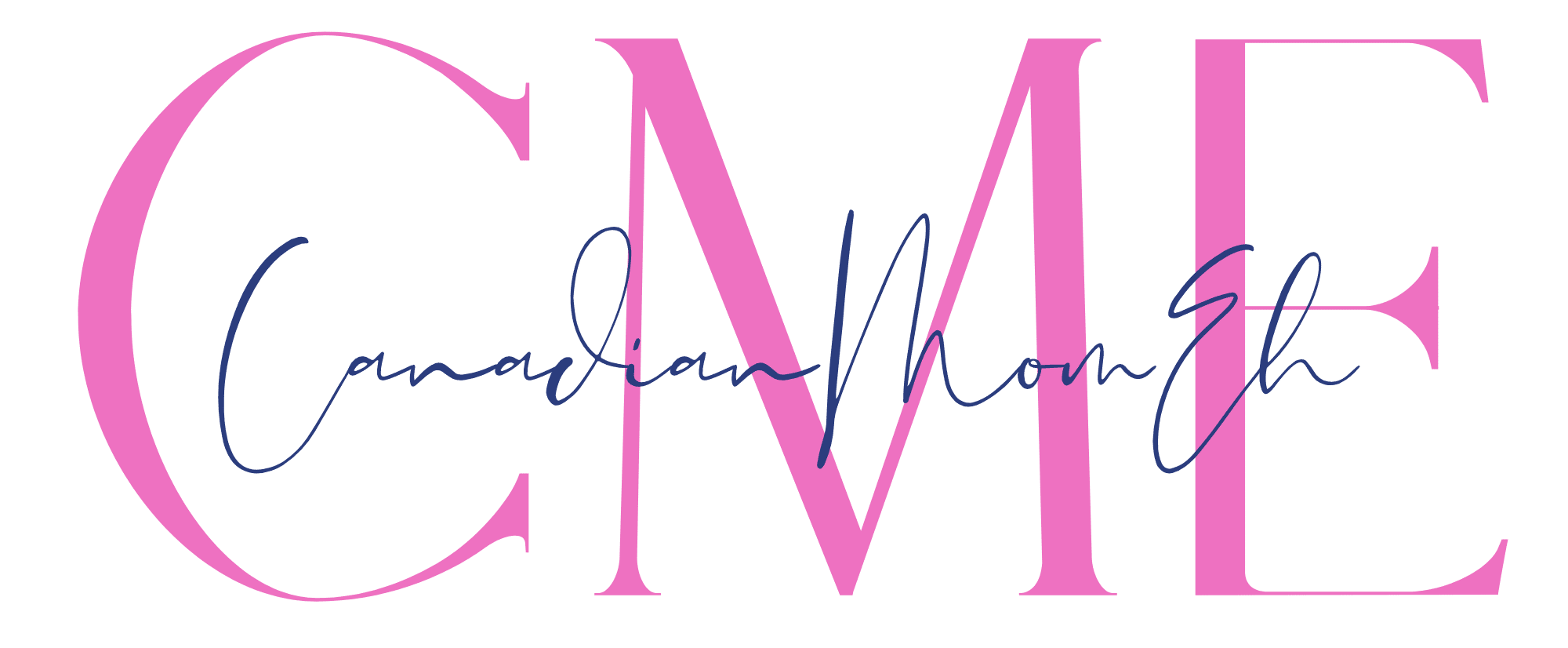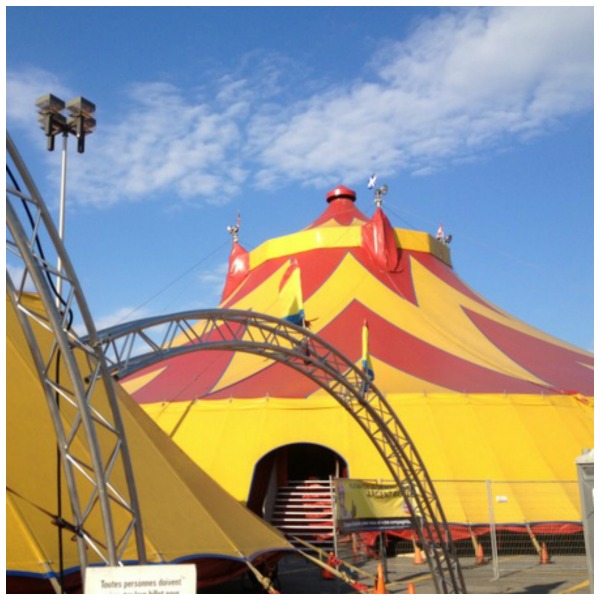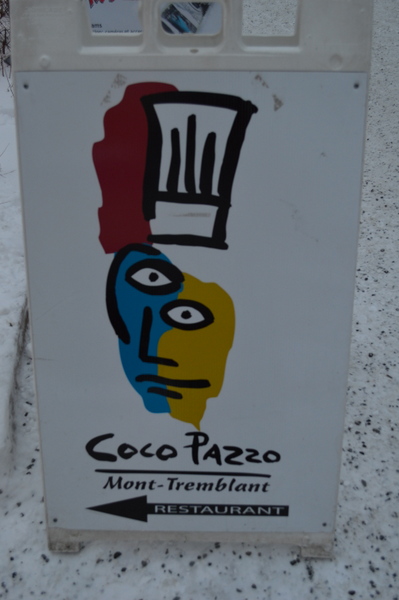A blow to the head
Imagine your head full of noise. Loud hammering, can’ t hear over the drilling, blender-shrieking kind of noise. Every sound around you is magnified. Your own child’s bouncing around is like a hammer to your head. Imagine enduring this while taking care of your young children. Not wanting to silence their youthful sounds but not being able to endure.
Just over three years ago, I was in a building near downtown Montreal, I was standing in a hallway in one of those modern-designed, state of the art buildings where the doors and walls were all painted the same colour. The door handles were low so I barely knew it was a door at all. Suddenly, without any warning, the heavy, metal door flung open, a thud, then searing pain. I felt my brain move inside my head. Though I have no empirical proof, that is precisely what it felt like. In that moment, I had sustained a concussion.
Living with a concussion is like having a thick dark cloud hiding in the corners of your head, it can strike at any time. Usually the worst of times when deadlines are looming, family members are about to visit or your child’s birthday party is coming up. Then it hits. Lacking any mercy.
On a good day, it can be managed with painkillers which do little more than dull the high notes of pain, on a bad day, it hurts to think. It hurts to look at light. Everything has to be cancelled. My schedule cleared, the children silenced or asked to go to the basement and play quietly. Sleep is the only real escape if I can ride out the pain long enough. I lie awake feeling hungover. I don’t drink but imagine that’s what it would be like. The next few days I’m easily confused. It takes me longer to register things. I avoid driving unless I need to, and especially avoid trying new things.
March is brain injury awareness month. Thousands of Canadians suffer brain injuries every year. The effects vary from person to person; some are able to recover in a matter of weeks, others in a few months, and some have to live with the effects for life.
I was told by my doctor that any healing that is to take place happens in the first six months following the injury, any residual symptoms are permanent.
Unlike a broken arm, or a fractured leg, a brain injury is not always visible to others; nor can anyone easily tell that you may be suffering.
It is imperative to have a strong social network around you; family, friends, neighbours who know about your condition. I went through a period of months when I was unable to socialize with friends or family, unable to host play-dates for my kids, our social schedules had to be cleared. Sometimes it helps to know that you have the support and concern of those who matter in your life. While it cannot make the effects of the injury go away, it can help give you encouragement.
If you know someone who has suffered a concussion, often times the best thing you can do for them is to let them know you’re there for them. While that black cloud lurks in the corners of my brain, it brings comfort to know that I have people in my life that can jump in to help if it starts to rain.
I have no personal affiliation with theBrain Injury Association of Canada, but if you’re looking for help for yourself or a loved one and would like more information; or if you would like to donate, do check them out.
Have you or someone you know suffered a concussion? If so, what coping mechanisms do you use?








Yes, my husband has suffered a couple of concussions over the years and as a typical guy he doesn’t say much when he’s not feeling well. After reading your blog – I will definitely ask questions to make sure to let him know that I’m here to help if he needs it. So happy that you have the help you require and I’m sorry that one fateful door led you to this… take care of yourself!